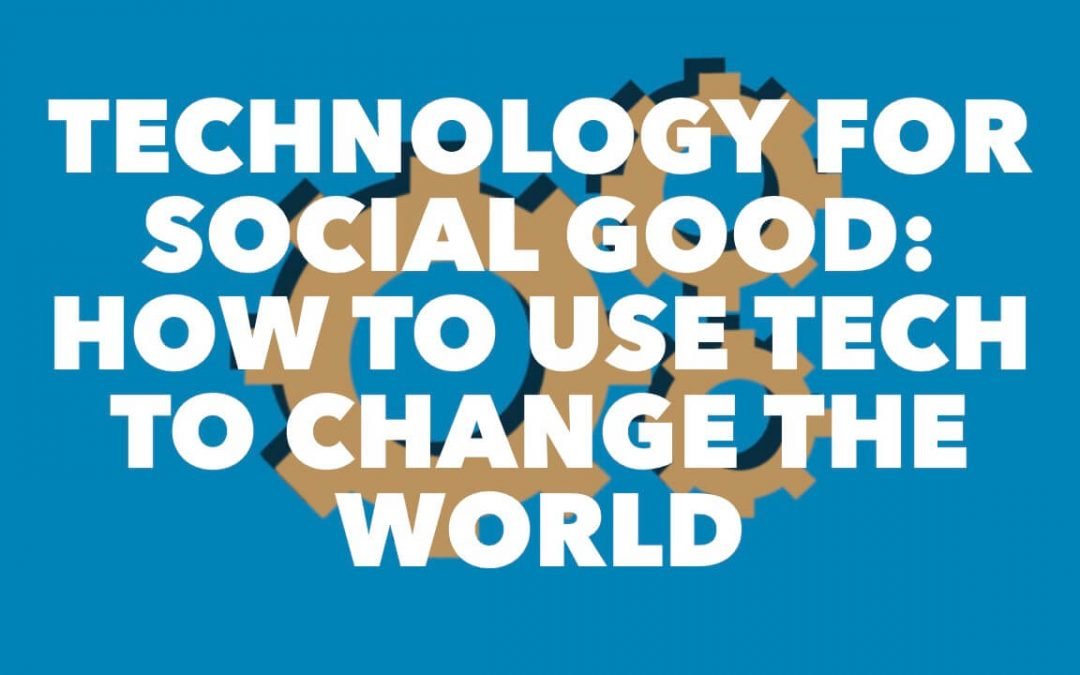Technology for social good harnesses the power of innovation to address social challenges and improve quality of life. By leveraging digital tools, data, and connectivity, technology can create solutions that drive positive social impact. This article explores how technology is being used for social good and highlights successful initiatives.

Understanding Technology
What Is Technology for Social Good?
Technology for social good refers to the use of technology to address social, environmental, and economic issues. This can include a wide range of applications, from improving access to education and healthcare to promoting sustainability and social justice.
Importance of Technology
Technology has the potential to scale solutions quickly and efficiently, reaching a broader audience and making a significant impact. By integrating technology into social initiatives, we can create more effective and sustainable solutions to complex challenges.
Applications of Technology
Improving Access to Education
Technology has revolutionized access to education through online learning platforms, educational apps, and digital classrooms. These tools provide opportunities for lifelong learning and make education more accessible, especially in remote or underserved areas.
Enhancing Healthcare
In the healthcare sector, technology is being used to improve patient care, enhance diagnostics, and streamline operations. Telemedicine, wearable health devices, and data analytics are just a few examples of how technology is transforming healthcare delivery.
Promoting Environmental Sustainability
Technology plays a critical role in promoting environmental sustainability. Innovations such as renewable energy technologies, smart grids, and environmental monitoring systems help reduce carbon footprints and promote sustainable practices.
Case Studies of Technology
Khan Academy: Democratizing Education
Khan Academy is a non-profit educational platform that provides free online courses, lessons, and practice exercises. By offering high-quality educational resources to anyone with internet access, Khan Academy democratizes education and empowers learners worldwide.
Zipline: Revolutionizing Medical Supply Delivery
Zipline uses drones to deliver medical supplies to remote and hard-to-reach areas. This innovative approach ensures timely delivery of essential medicines, blood, and vaccines, saving lives and improving healthcare outcomes in regions with limited infrastructure.
The Ocean Cleanup: Tackling Marine Pollution
The Ocean Cleanup project uses advanced technology to remove plastic from the world’s oceans. By deploying autonomous systems that collect and recycle ocean plastic, the initiative addresses a critical environmental issue and promotes ocean health.
Benefits of Technology
Scalability and Reach
One of the key benefits of using technology for social good is its scalability. Digital solutions can be scaled to reach large populations, making it possible to address widespread social issues effectively.
Efficiency and Cost-Effectiveness
Technology can streamline processes and reduce costs, making social initiatives more efficient and sustainable. For example, telemedicine reduces the need for physical infrastructure and travel, lowering healthcare delivery costs.
Data-Driven Decision Making
Technology enables data collection and analysis, providing valuable insights that inform decision-making. Data-driven approaches ensure that social initiatives are evidence-based and can be adapted to changing needs.
Challenges in Leveraging Technology
Digital Divide
The digital divide remains a significant challenge in leveraging technology for social good. Ensuring equitable access to technology and digital literacy is essential to avoid exacerbating existing inequalities.
Privacy and Security
Protecting privacy and ensuring data security are critical considerations in using technology for good. Robust safeguards and ethical standards must be in place to protect individuals’ data and rights.
Conclusion
Technology for social good offers immense potential to address complex social challenges and improve quality of life. By improving access to education, enhancing healthcare, and promoting environmental sustainability, technology can drive positive social impact. Despite challenges such as the digital divide and privacy concerns, innovative technological solutions continue to create meaningful change and build a better future for all.



